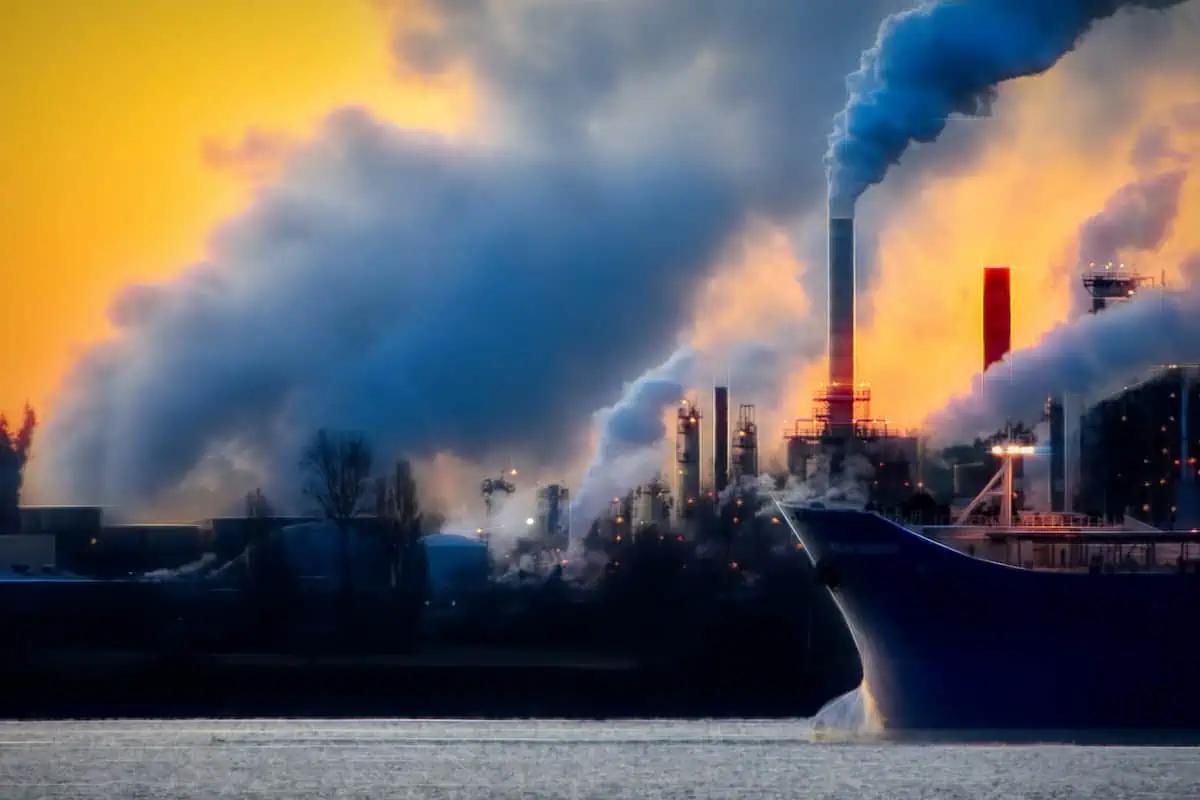In the face of global climate challenges, the imperative to transition toward a decarbonized economy has become more urgent than ever. A decarbonized economy is one where greenhouse gas emissions are significantly reduced or eliminated, contributing to the mitigation of climate change.
In this blog, we will explore the roadmap to achieving a decarbonized economy, highlighting key strategies and initiatives that can pave the way for a sustainable and low-carbon future.
Setting Ambitious Emission Reduction Targets
A crucial first step in the roadmap to a decarbonized economy is the commitment to achieving net-zero emissions. Governments, businesses, and organizations worldwide are setting ambitious targets to balance the amount of greenhouse gases emitted with equivalent amounts removed from the atmosphere or offset through various mechanisms.
Implementing strategies to achieve net zero emissions is essential for mitigating climate change and transitioning towards a sustainable future.
- Net-Zero Commitments
A crucial first step in the roadmap to a decarbonized economy is the commitment to achieving net-zero emissions. Governments, businesses, and organisations worldwide are setting ambitious targets to balance the amount of greenhouse gases emitted with equivalent amounts removed from the atmosphere or offset through various mechanisms.
- Long-Term Planning
Establishing clear, long-term emission reduction goals is essential. Governments and businesses are adopting comprehensive plans that outline specific targets for the coming decades, providing a roadmap for the transition to a decarbonized economy.
Transitioning to Renewable Energy
- Increasing Renewable Energy Capacity
A cornerstone of decarbonisation is the transition from fossil fuels to renewable energy sources. Governments and businesses are investing heavily in expanding renewable energy capacity, including solar, wind, hydropower, and geothermal. This shift reduces reliance on carbon-intensive energy sources, leading to lower emissions.
- Advancements in Energy Storage
To address the intermittent nature of renewable energy, advancements in energy storage technologies are crucial. The development of efficient and scalable energy storage solutions, such as batteries, enables the consistent supply of clean energy, even when the sun is not shining or the wind is not blowing.
Electrification of Transportation
- Shift to Electric Vehicles (EVs)
The transportation sector is a significant contributor to carbon emissions. Encouraging the adoption of electric vehicles (EVs) and investing in EV infrastructure is a key strategy for reducing emissions from transportation. Governments are offering incentives, and automakers are rapidly expanding their electric vehicle offerings.
- Public Transportation and Active Mobility
Promoting public transportation and active mobility options, such as walking and cycling, further reduces reliance on individual car usage. Investments in efficient public transit systems and infrastructure for pedestrians and cyclists contribute to a sustainable and low-carbon transportation ecosystem.
Enhancing Energy Efficiency
- Building Retrofits and Energy-Efficient Design
Improving the energy efficiency of buildings is a critical component of the decarbonisation roadmap. Initiatives include retrofitting existing structures to meet higher efficiency standards and incorporating energy-efficient design principles in new constructions. This reduces energy consumption and lowers emissions associated with building operations.
- Industrial and Manufacturing Efficiency
Industries and manufacturing processes are optimising efficiency to minimise energy consumption and emissions. This involves adopting advanced technologies, implementing energy management systems, and reimagining production processes to prioritise sustainability.
Carbon Capture and Storage (CCS)
- Capturing and Storing Emissions
Carbon capture and storage (CCS) technologies play a vital role in the decarbonisation process. These technologies capture carbon dioxide emissions from industrial processes and power generation and store them underground, preventing their release into the atmosphere. Governments and industries are investing in CCS as part of their decarbonisation strategies.
- Nature-Based Solutions
In addition to technological solutions, nature-based solutions, such as afforestation and reforestation, play a role in capturing and storing carbon. Protecting and restoring ecosystems like forests and wetlands contribute to carbon sequestration and biodiversity conservation.
Circular Economy Practices
- Waste Reduction and Recycling
Embracing circular economy principles involves reducing waste and promoting recycling. Governments and businesses are implementing policies and practices that minimise single-use plastics, encourage recycling infrastructure development, and promote sustainable waste management.
- Extended Producer Responsibility (EPR)
Implementing extended producer responsibility programs holds businesses accountable for the entire lifecycle of their products. This includes responsibility for recycling and proper disposal, encouraging the development of products with minimal environmental impact.
Sustainability for a Low Carbon Future
The roadmap to a decarbonized economy is a multifaceted journey that requires coordinated efforts across sectors, borders, and communities. From setting ambitious emission reduction targets to transitioning to renewable energy, electrifying transportation, enhancing energy efficiency, and promoting circular economy practices, each strategy contributes to the overarching goal of mitigating climate change.
Governments, businesses, and individuals all play pivotal roles in driving the transition to a decarbonized economy. By embracing sustainable practices, investing in clean technologies, and fostering international cooperation, we can collectively build a resilient and low-carbon future.
The urgency of climate action demands a steadfast commitment to the decarbonisation roadmap, ensuring a sustainable planet for current and future generations.
Decarbonized Economy article and permission to publish here provided by Raquel Murphy. Originally written for Supply Chain Game Changer and published on January 8, 2024.
Cover photo by Chris LeBoutillier on Unsplash.

